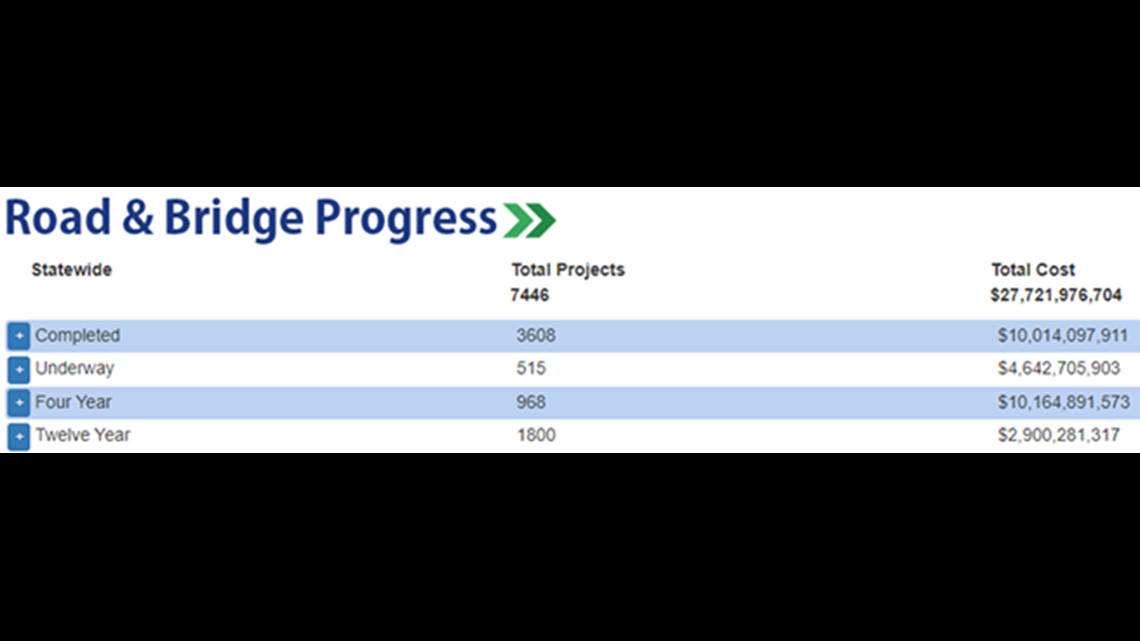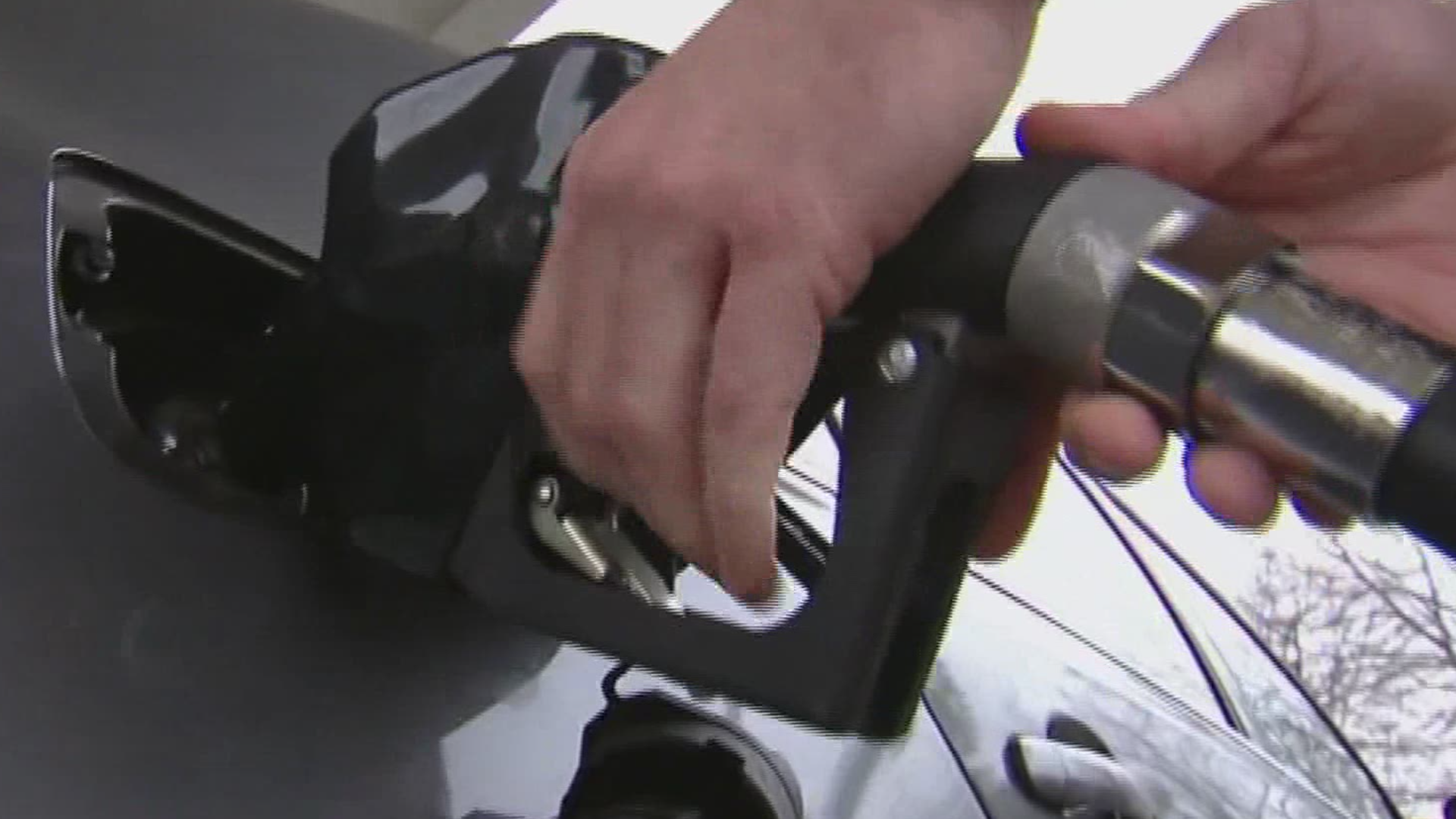Governor Tom Wolf wants to phase out Pennsylvania's gas tax, which is among the highest in the nation. But, the effort will force the state to come up with new ways to fill the gap in funding.
One way the Governor plans to do that is through a bipartisan effort created when he signed an Executive Order establishing the Transportation Revenue Options Commission. Their task is to develop funding recommendations for Pennsylvania’s large and aging infrastructure.
The Governor said "phasing out the burdensome gas tax, coupled with seeking long-term reliable funding solutions that will keep pace with our infrastructure needs, deserves a close examination. Forming this bipartisan commission will bring multiple, bipartisan voices to the table to ensure that we can examine reliable, sustainable revenue solutions to address both near-term and long-term funding needs.”
"We're built on this antiquated, very 20th century way of funding transportation and it's just not cutting it anymore," said PennDOT spokesperson Alexis Campbell. Campbell noted, however, when it comes to the funding that the gas tax brings in "we can't just take it away. We rely on it too much."
PennDOT’s latest assessment places the annual gap of its needs in all modes and facilities at $9.3 billion and it estimates that could grow to $14.5 billion gap by 2030. The news also comes as PennDOT recently proposed tolling 9 bridges to pay for renovations in the state, which was met with debate.
"We need to keep people safe and we need to keep people moving and I think one of the things this commission is going to do is help us find ways to do it," said Campbell.
Campbell said the gas tax makes up 74% of highway and bridge funding in Pennsylvania so it is considered a large chunk of revenue not only for PennDOT but for local municipalities. But, with less people on the roads and the popularity of electric cars rising Campbell noted that the funding isn't keeping up with current demands.
"It's been really affected with travel volumes being down overall. So, since the pandemic started we've already lost almost $500 million and we're continuing to lose income," Campbell said.
PennDOT notes that the state has one of the largest state-owned transportation networks in the country, with nearly 40,000 miles of roads and over 25,400 bridges. The gas tax, it said, also aids local municipalities and Pennsylvania State Police.
"The gas tax frankly, you know, it’s not working. And, it’s not generating the revenue to maintain what we have even though it is one of the highest it’s not doing the job," said Campbell.
In 2019, the Transportation Advisory Committee (TAC) identified risks to transportation funding that included:
- Reduced fuel revenues
- Unpredictable federal funding
- Legislative changes to reduce commitments
Although PennDOT said it is in favor of fuel-efficient cars and technologies, that also creates a funding issue as those drivers do not pay the gas tax.
The Governor's commission will have its first meeting by March 25 and a report of commission activities and funding options will be submitted to the Governor before Aug. 1, 2021.
PennDOT said the gas tax has funded major infrastructure improvements for many of the state’s roads and bridges. They said notable local examples include the extensive improvements along the I-83 and I-283 corridors in Dauphin County to add capacity, new interchanges and new bridges, and to the north, the massive Central Susquehanna Valley Transportation (CSVT) project. Campbell said Act 89 (the gas tax) was 'historic' and a 'much-needed piece of legislation' that allowed it to make a lot of progress and improve its network, but said that even "back then both parties noted that Act 89 would not be enough to cover the damage done after decades of neglecting one of the oldest, largest infrastructure systems in the country."
Statewide, here are the projects accelerated or made possible by Act 89 which are completed, underway or planned on our four-year or 12-year plans:


Campbell reminded drivers the gas tax isn't assessed at the pump. Rather, it is the companies who pay for gas that are required to pay the taxes.
"However much they choose to pass that on to the consumer through their gas prices is up to them," said Campbell. "On average, it's about 13% of the total prices taxed."
For more information about transportation funding in Pennsylvania, visit www.PennDOT.gov/funding.

